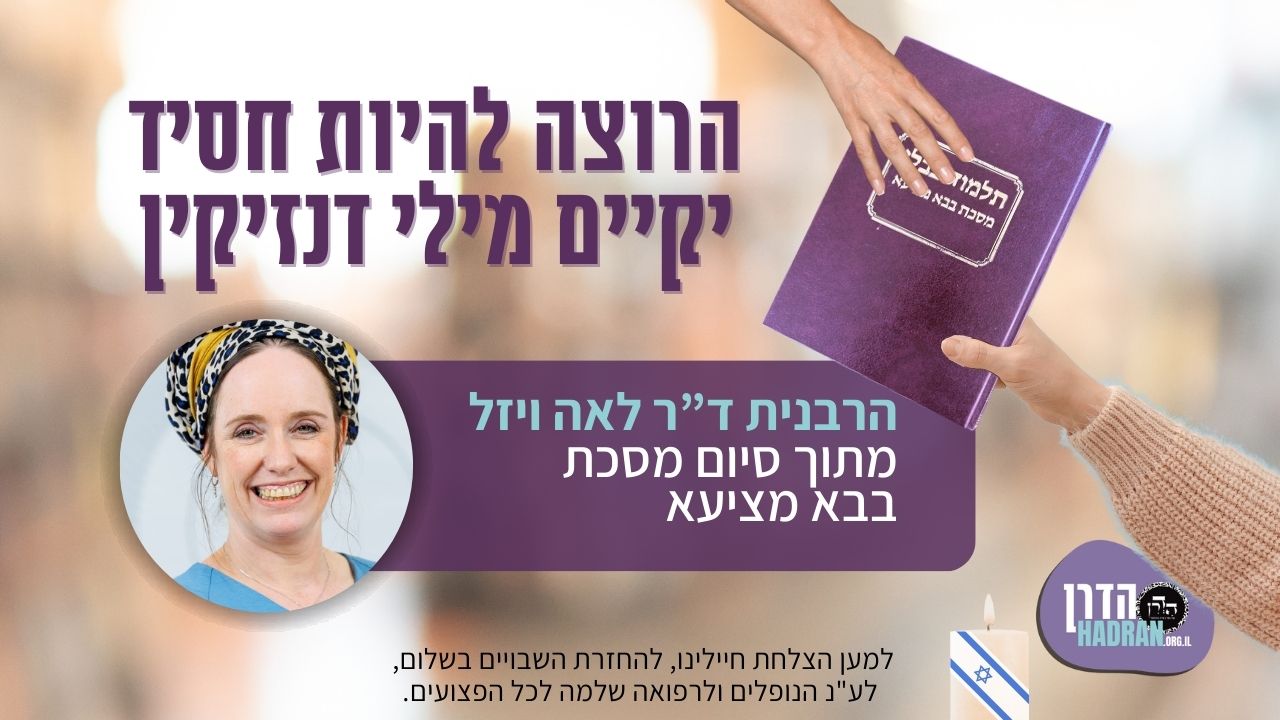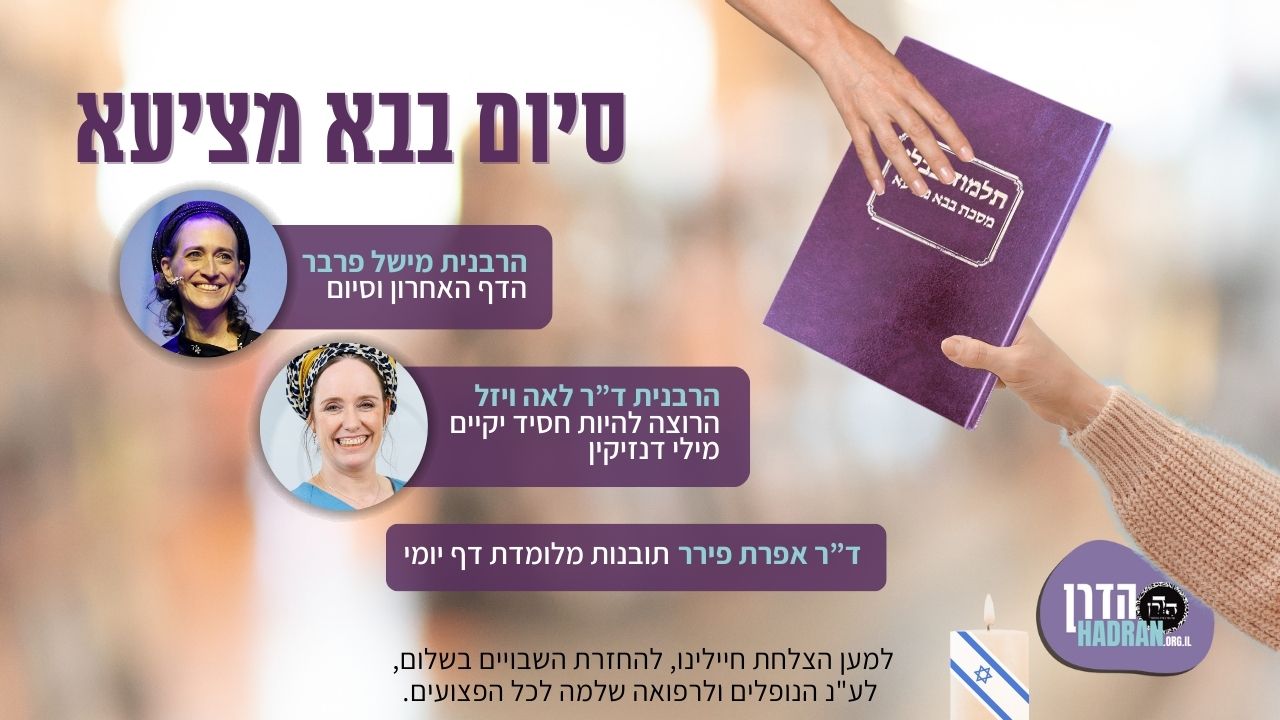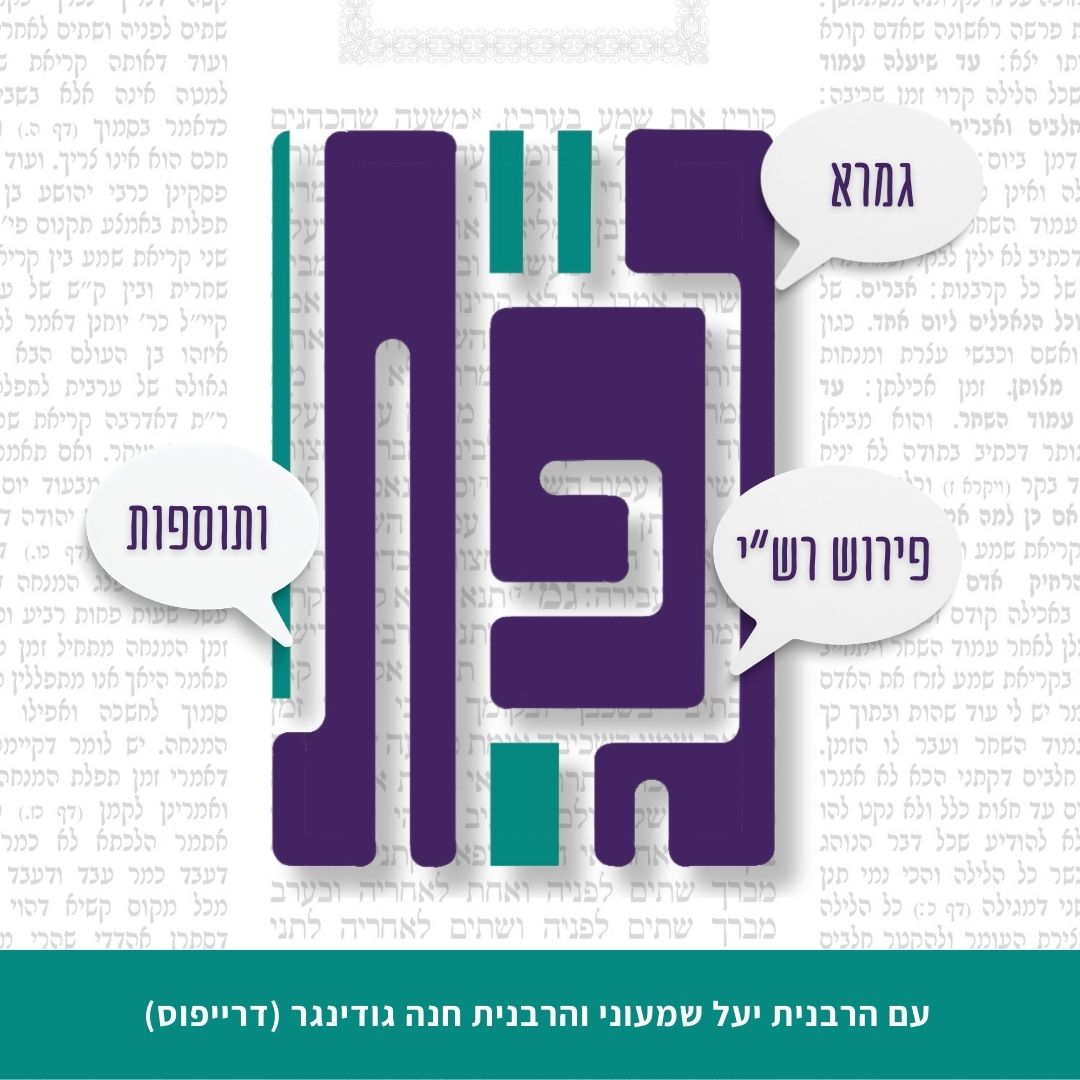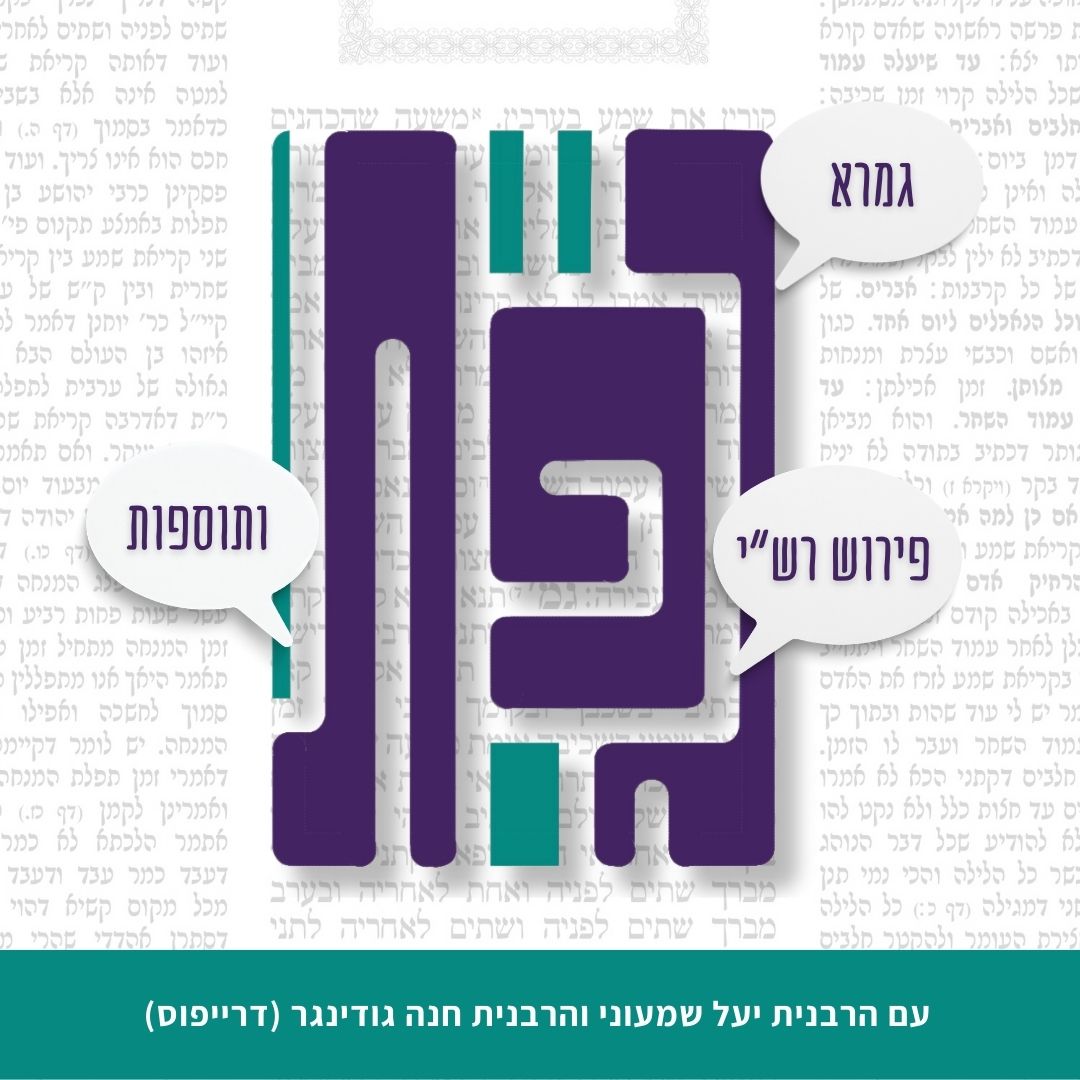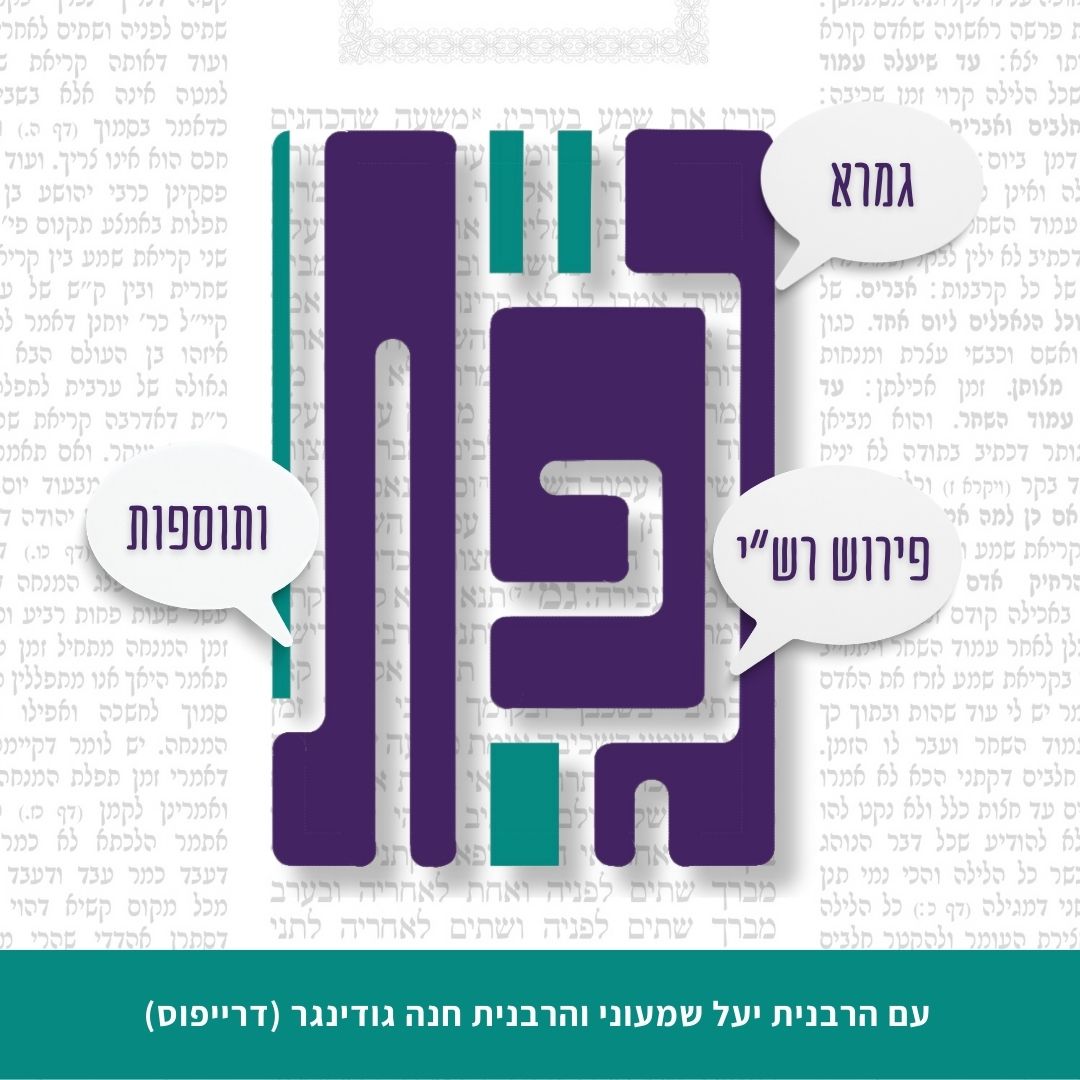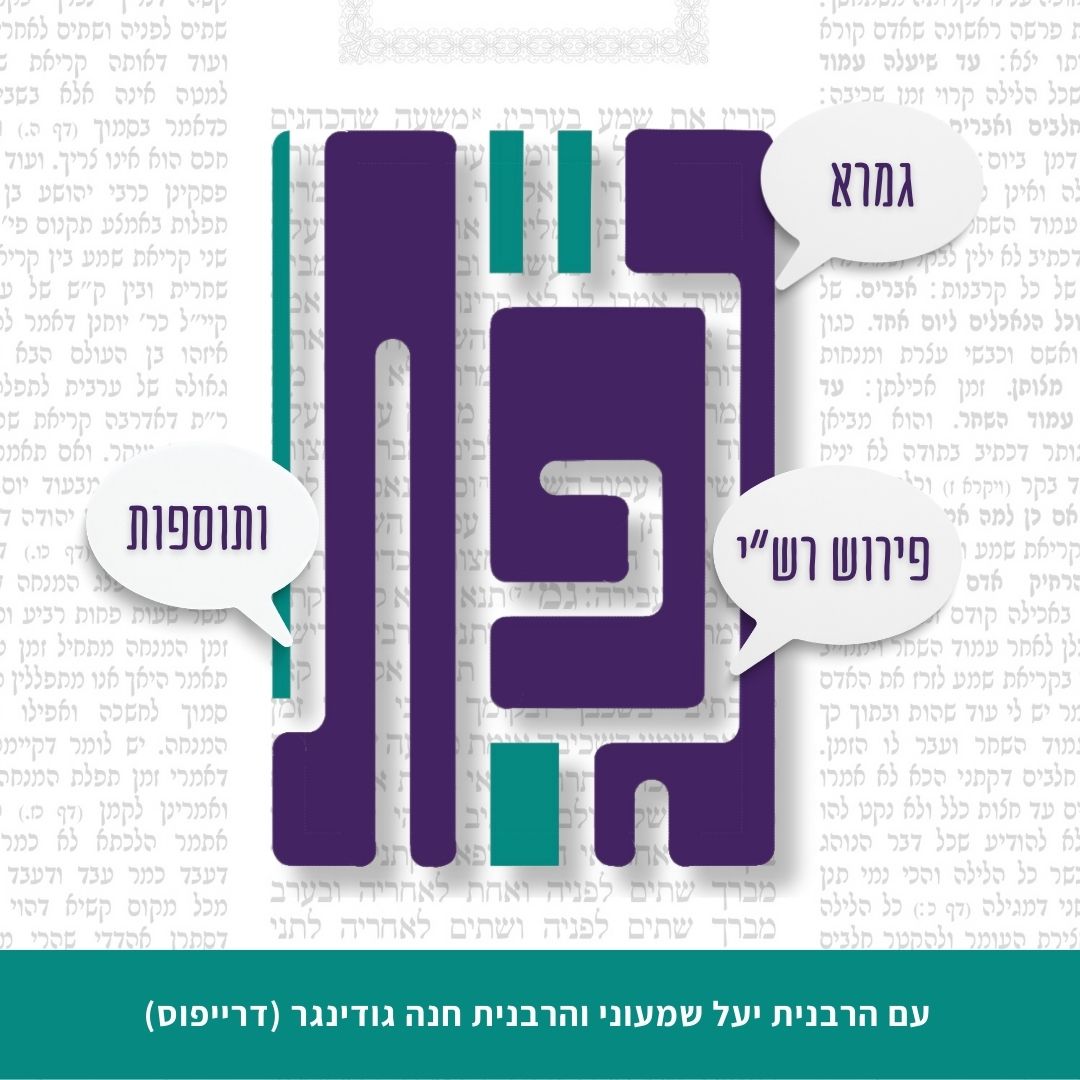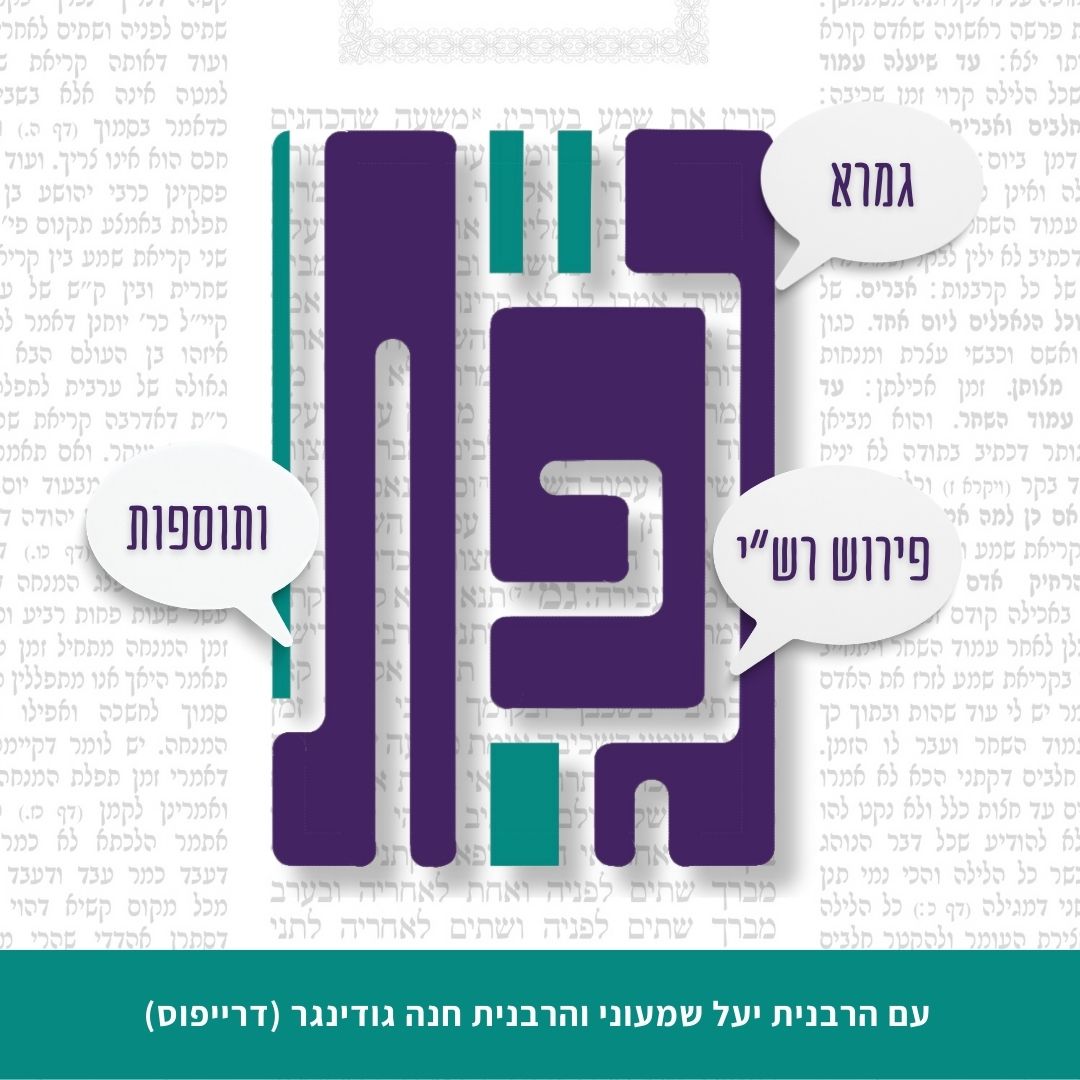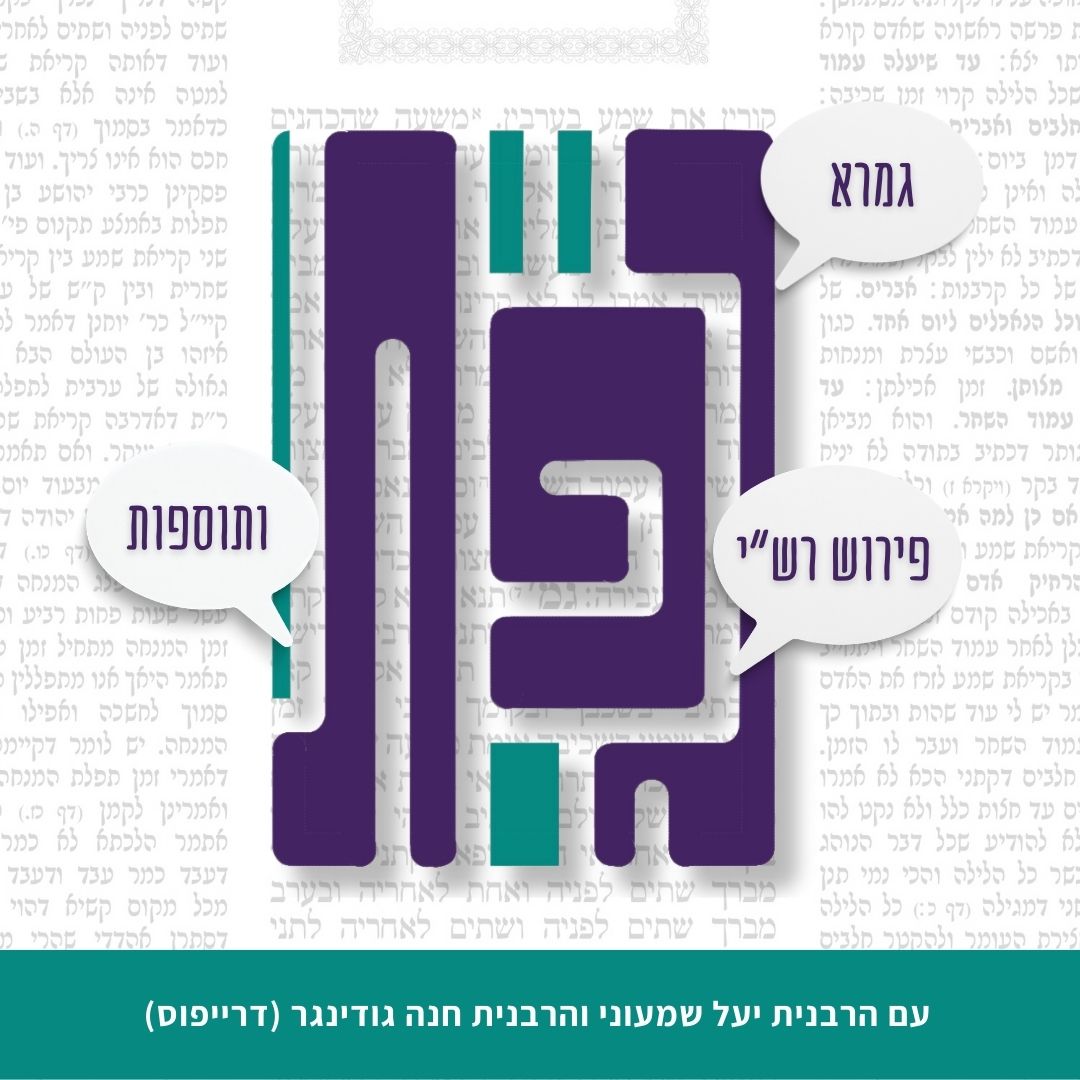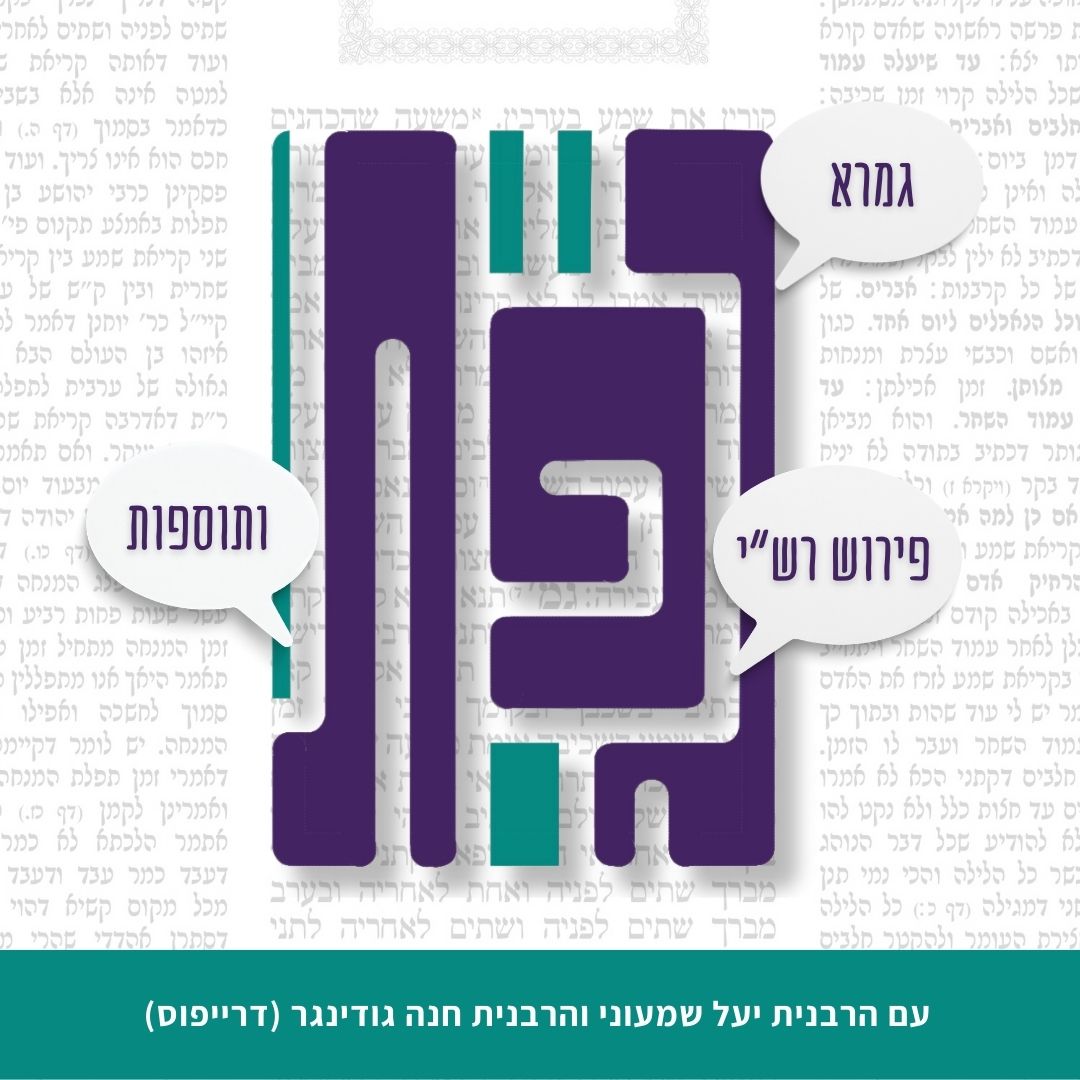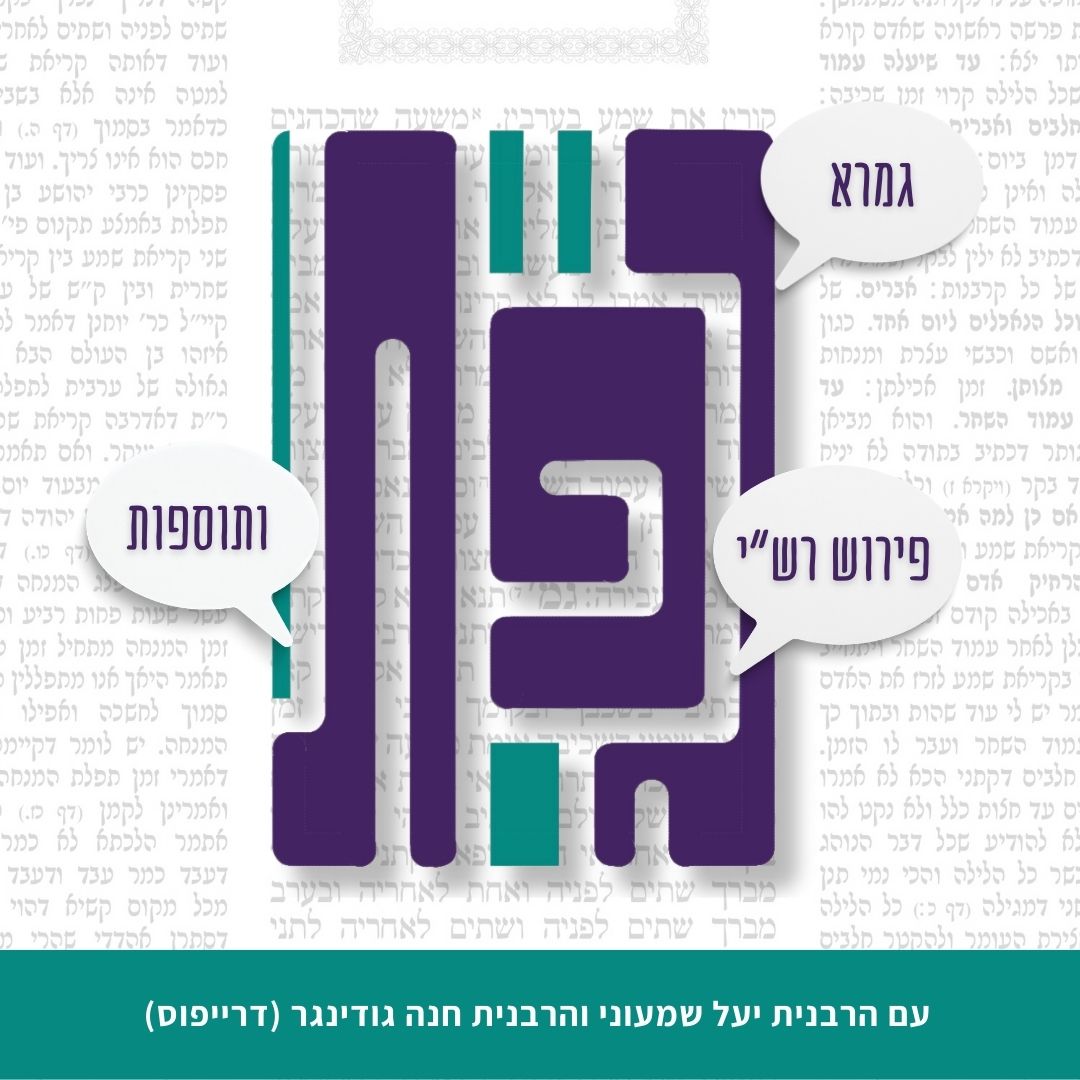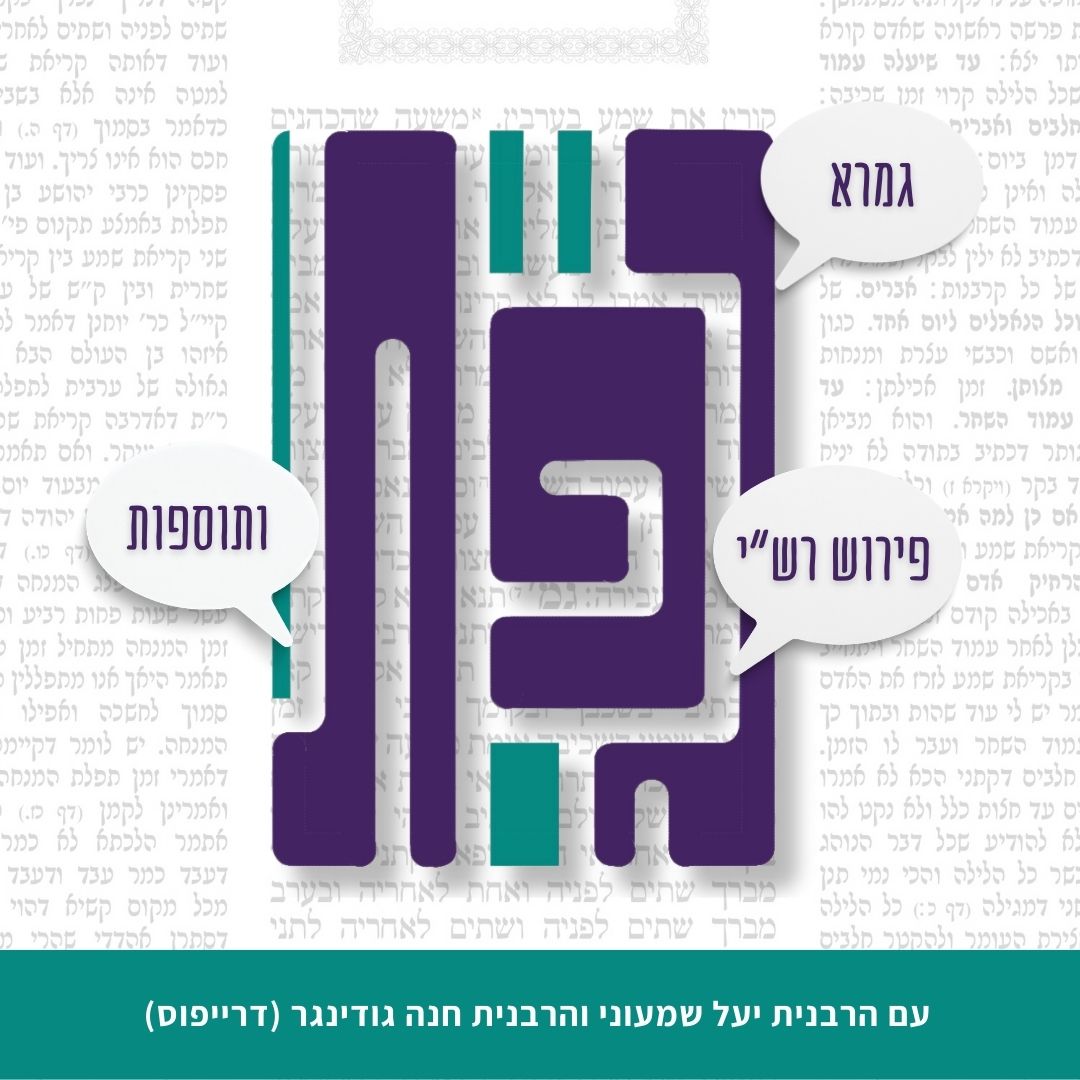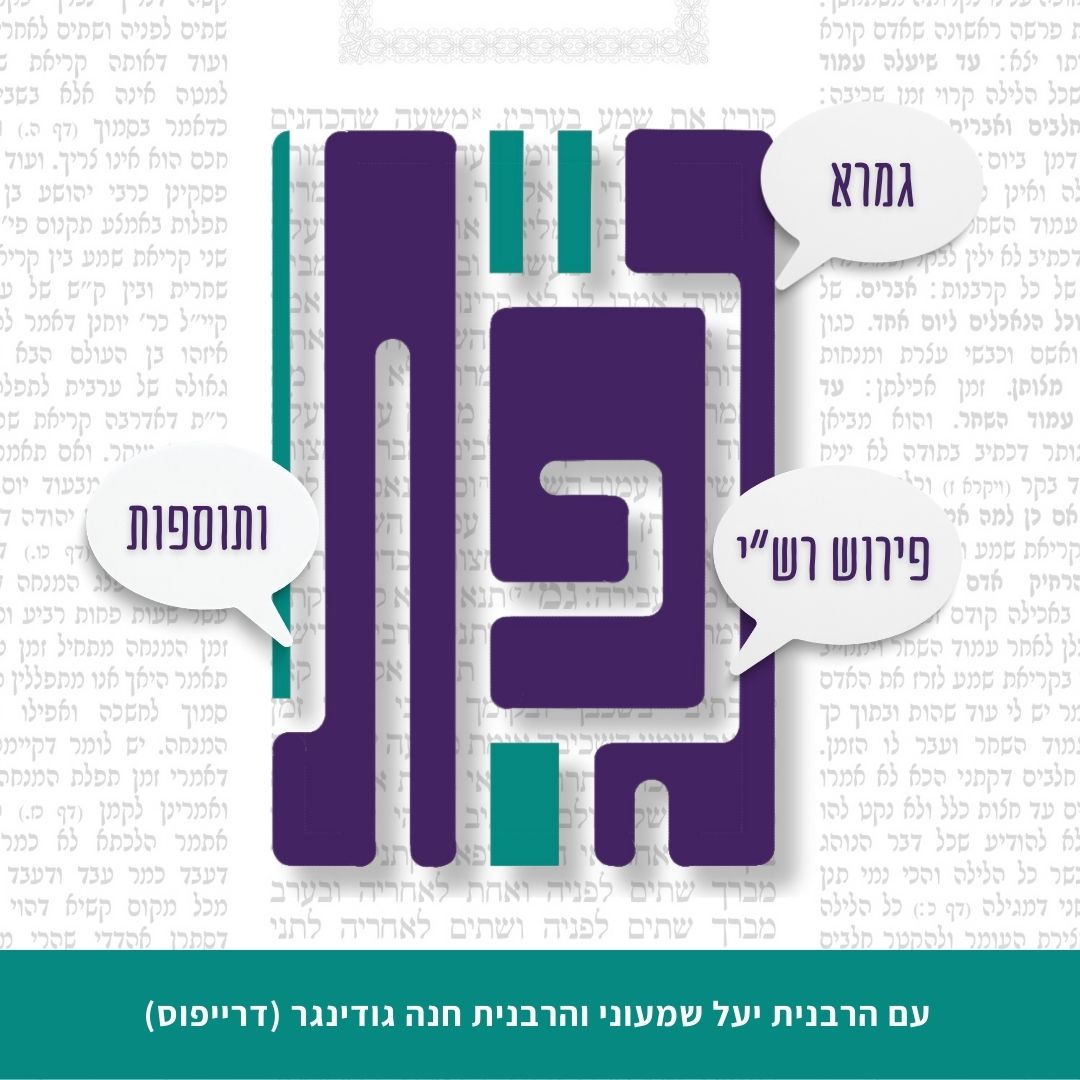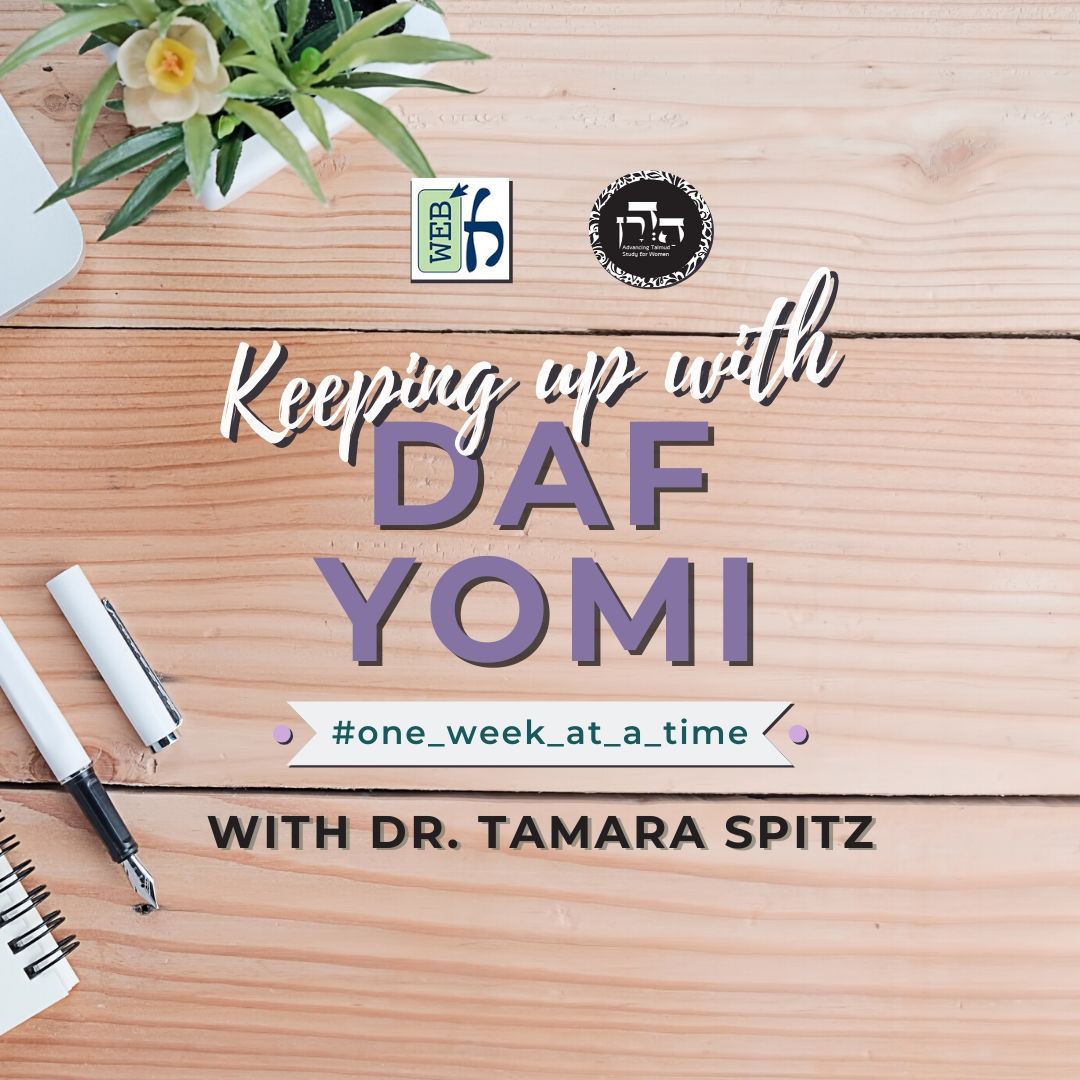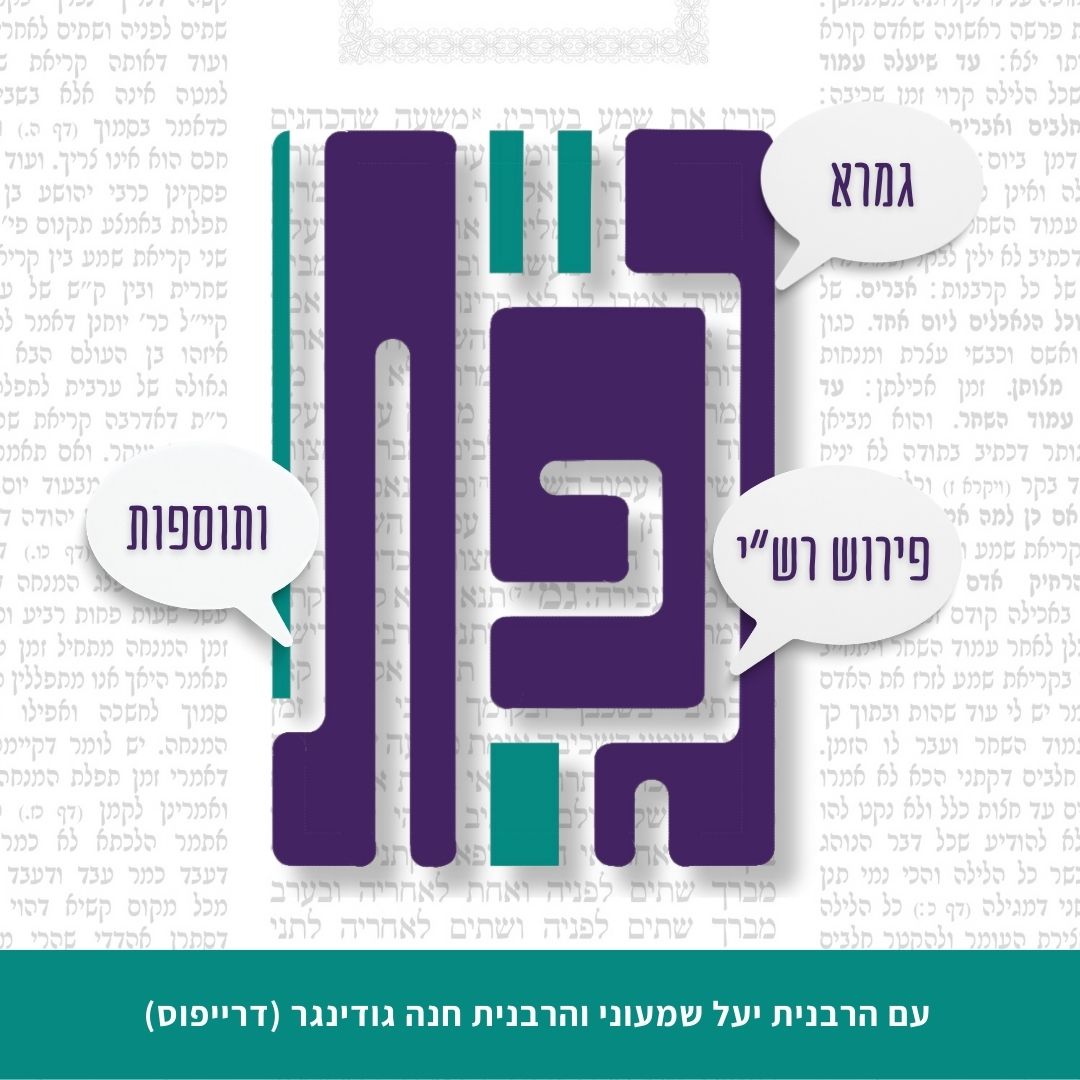בבא מציעא מח
רַבִּי שִׁמְעוֹן אוֹמֵר: אַף עַל פִּי שֶׁאָמְרוּ טַלִּית קוֹנָה דִּינַר זָהָב וְאֵין דִּינַר זָהָב קוֹנֶה טַלִּית, מִכׇּל מָקוֹם כָּךְ הֲלָכָה. אֲבָל אָמְרוּ: מִי שֶׁפָּרַע מֵאַנְשֵׁי דּוֹר הַמַּבּוּל וּמֵאַנְשֵׁי דּוֹר הַפְּלַגָּה וּמֵאַנְשֵׁי סְדוֹם וַעֲמוֹרָה וּמִמִּצְרַיִם בַּיָּם – הוּא עָתִיד לִיפָּרַע מִמִּי שֶׁאֵינוֹ עוֹמֵד בְּדִיבּוּרוֹ.
Rabbi Shimon says: Even though the Sages said that when one party takes possession of a garment, the other party acquires a gold dinar, but when one party takes possession of a gold dinar, the other party does not acquire a garment, in any case, that is what the halakha would be. But the Sages said with regard to one who reneges on a transaction where one party pulled the gold dinar into his possession: He Who exacted payment from the people of the generation of the flood, and from the people of the generation of the dispersion, and from the inhabitants of Sodom and Gomorrah, and from the Egyptians in the Red Sea, will in the future exact payment from whoever does not stand by his statement.
וְהַנּוֹשֵׂא וְנוֹתֵן בִּדְבָרִים – לֹא קָנָה, וְהַחוֹזֵר בּוֹ – אֵין רוּחַ חֲכָמִים נוֹחָה הֵימֶנּוּ.
The baraita concludes: And one who negotiates, where the negotiation culminates with a statement committing himself to acquire the item, did not acquire the item without a formal act of acquisition. But with regard to one who reneges on his commitment, the Sages are displeased with him.
וְאָמַר רָבָא: אָנוּ אֵין לָנוּ אֶלָּא ״אֵין רוּחַ חֲכָמִים נוֹחָה הֵימֶנּוּ״. דְּבָרִים וְאִיכָּא בַּהֲדַיְיהוּ מָעוֹת – קָאֵי בַּ״אֲבָל״. דְּבָרִים וְלֵיכָּא בַּהֲדַיְיהוּ מָעוֹת – לָא קָאֵי בַּ״אֲבָל״.
And Rava says: With regard to one who reneges on his commitment, we have only the statement that the Sages are displeased with him, but not that he is subject to a curse. The Gemara explains: If there is a statement of commitment and there is the payment of money accompanying it, he stands subject to the curse: But the Sages said: He Who exacted payment. If there is a statement of commitment and there is no payment of money accompanying it, he does not stand subject to the curse: But the Sages said: He Who exacted payment.
אָמַר רָבָא, קְרָא וּמַתְנִיתָא מְסַיַּיע לֵיהּ לְרֵישׁ לָקִישׁ. קְרָא, דִּכְתִיב: ״וְכִחֵשׁ בַּעֲמִיתוֹ בְּפִקָּדוֹן אוֹ בִתְשׂוּמֶת יָד אוֹ בְגָזֵל אוֹ עָשַׁק אֶת עֲמִיתוֹ״. ״תְּשׂוּמֶת יָד״ – אָמַר רַב חִסְדָּא: כְּגוֹן שֶׁיִּחֵד לוֹ כְּלִי לְהַלְוָאָתוֹ. ״עָשַׁק״ – אָמַר רַב חִסְדָּא: כְּגוֹן שֶׁיִּחֵד לוֹ כְּלִי לְעׇשְׁקוֹ.
§ Rava says: A verse and a baraita support the opinion of Reish Lakish that money does not effect acquisition of movable property by Torah law. A verse, as it is written: “And deal falsely with his colleague in a matter of deposit, or of pledge, or of robbery, or oppressed his colleague” (Leviticus 5:21). The verse is referring to cases similar to a deposit where there is denial of an item and not merely a debt. With regard to the term “pledge,” Rav Ḥisda says: This is referring to a case where the debtor designated a vessel as collateral for his loan and then denies his debt. With regard to the term “oppressed,” Rav Ḥisda says: This is referring to a case where the employer designated a vessel for him to guarantee payment of his wages and withheld payment, resulting in his oppression.
וְכִי אַהְדְּרֵיהּ קְרָא, כְּתִיב: ״וְהָיָה כִּי יֶחֱטָא וְאָשֵׁם וְהֵשִׁיב אֶת הַגְּזֵלָה אֲשֶׁר גָּזָל אוֹ אֶת הָעֹשֶׁק אֲשֶׁר עָשָׁק אוֹ אֶת הַפִּקָּדוֹן אֲשֶׁר הׇפְקַד אִתּוֹ״, וְאִילּוּ תְּשׂוּמֶת יָד לָא אַהְדְּרֵיהּ, מַאי טַעְמָא? לָאו מִשּׁוּם דִּמְחַסְּרָא מְשִׁיכָה?
And when the verse repeats three of these cases after stating that each individual admitted that he lied and is liable to return the item that he misappropriated, it is written: “And then it shall be, if he has sinned, and is guilty, that he shall restore that which he took by robbery, or the thing that he has gotten by oppression, or the deposit that was deposited with him” (Leviticus 5:23), while the verse does not repeat the term “pledge.” What is the reason that the verse omits that case? Is it not because it lacks pulling by the lender? Since the lender did not pull the item designated as collateral for the loan, he did not acquire the item and is not liable to bring an offering for taking a false oath if he fails to pay, as he denied owing an abstract debt, not an actual item. Apparently, there is no full-fledged acquisition without pulling the item into one’s possession.
אֲמַר לֵיהּ רַב פָּפָּא לְרָבָא: אֵימָא מֵעוֹשֶׁק הוּא, דְּאַהְדַּר קְרָא! הָכָא בְּמַאי עָסְקִינַן – כְּגוֹן שֶׁנְּטָלוֹ מִמֶּנּוּ וְחָזַר וְהִפְקִידוֹ אֶצְלוֹ.
Rav Pappa said to Rava: Say that it suffices that the verse repeated the case of oppression. In that case, there is also no denial of an actual item, merely of an obligation to pay one’s worker. The halakha would be the same in the case of a pledge, i.e., of a loan where the lender designated an item although there was no pulling. The Gemara rejects that contention: With what are we dealing here? We are dealing with a case where the workers took the item for their payment from the employer, and then deposited that item with him, and the employer than denied having received that deposit. Accordingly, he is denying owing an actual item, not an abstract debt.
הַיְינוּ פִּקָּדוֹן! תְּרֵי גַּוְנֵי פִּקָּדוֹן.
The Gemara challenges this explanation: That is precisely the case of a deposit that is already mentioned in the verse. What novel element is introduced by this case? The Gemara explains: There are two types of deposit: A standard deposit and the case where one deposits with a bailee an item that had previously belonged to the bailee.
אִי הָכִי, תְּשׂוּמֶת יָד נָמֵי לַיהְדְּרֵיהּ, וְלוֹקְמֵיהּ כְּגוֹן שֶׁנְּטָלוֹ הֵימֶנּוּ וְחָזַר וְהִפְקִידוֹ אֶצְלוֹ! אִי אַהְדְּרֵיהּ קְרָא – לָא תְּיוּבְתָּא וְלָא סִיַּיעְתָּא. הַשְׁתָּא דְּלָא אַהְדְּרֵיהּ קְרָא – מְסַיַּיע לֵיהּ.
The Gemara asks: If so, and that is the explanation of the verse, let the verse repeat the case of a pledge as well, and interpret it in a case where the lender took the item from him by pulling it into his possession, and then deposited that item with the debtor. The Gemara responds: If the verse had repeated the case of a pledge it would be neither a refutation of nor a support for the opinion of Reish Lakish, as the cases could be explained otherwise. Now that the verse does not repeat the case of a pledge, it supports his opinion that one acquires movable property only by means of pulling it into his possession.
וּתְשׂוּמֶת יָד לָא אַהְדְּרֵיהּ קְרָא? וְהָתַנְיָא, אָמַר רַבִּי שִׁמְעוֹן: מִנַּיִן לִיתֵּן אֶת הָאָמוּר לְמַעְלָה לְמַטָּה, דִּכְתִיב: ״אוֹ מִכֹּל אֲשֶׁר יִשָּׁבַע עָלָיו לַשֶּׁקֶר״, וְאָמַר רַב נַחְמָן אָמַר רַבָּה בַּר אֲבוּהּ אָמַר רַב: לְרַבּוֹת תְּשׂוּמֶת יָד לְהִישָּׁבוֹן. בְּהֶדְיָא מִיהָא לָא אַהְדְּרֵיהּ קְרָא.
The Gemara asks: And does the verse not repeat the case of a pledge? But isn’t it taught in a baraita: Rabbi Shimon said: From where is it derived to apply that which is stated above, in the first verse cited from Leviticus, to the verse stated below, i.e., the second verse cited from Leviticus? It is derived as it is written: “Or anything about which he has taken a false oath” (Leviticus 5:24). And Rav Naḥman says that Rabba bar Avuh says that Rav says: This clause serves to include the case of a pledge in the requirement of return, teaching that even in the case where the debtor designated an item as collateral for a loan, the lender is obligated to return the item although there was no pulling. The Gemara rejects that contention: In any event, the verse did not repeat the case of a pledge explicitly, and one derives support for the opinion of Reish Lakish from that omission.
מַתְנִיתָא מְנָלַן? דְּתַנְיָא: נְתָנָהּ לְבַלָּן מָעַל, וְאָמַר רַב: דַּוְקָא בַּלָּן הוּא דְּלָא מְחַסְּרָא מְשִׁיכָה, אֲבָל מִידֵּי אַחֲרִיתִי דִּמְחַסְּרָא מְשִׁיכָה – לֹא מָעַל עַד דְּמָשֵׁיךְ.
From where do we derive support for the opinion of Reish Lakish from a baraita? It is as it is taught in a baraita: If one had consecrated money and gave it to a bathhouse attendant [leballan] as payment for use of the bath, he is liable for misuse of consecrated property as soon as he pays him, even before he uses the bathhouse. And Rav says: One can infer that it is specifically with regard to one giving the consecrated money to a bathhouse attendant that he is liable immediately, as in that case there is no lack of pulling, since he is paying for usage of the bathhouse, not for an item. But one can infer that in cases involving other matters, where the one giving the consecrated money is acquiring an item and there is a lack of pulling, he is liable for misuse only once he pulls the item he is purchasing. Apparently, by Torah law, it is only by means of pulling an item into his possession, not through payment of money, that one acquires an item.
וְהָתַנְיָא: נְתָנָהּ לְסַפָּר מָעַל. וְסַפָּר הָא בָּעֵי לְמִמְשַׁךְ תִּסְפּוֹרֶת. הָכָא בְּמַאי עָסְקִינַן – בְּסַפָּר גּוֹי, דְּלָאו בַּר מְשִׁיכָה הוּא.
The Gemara asks: But isn’t it taught in a baraita: If one had consecrated money and gave it to a barber, he is liable for misuse of consecrated property immediately, as soon as he gives him the money, and in the case of a barber, doesn’t he need to pull the haircut utensils in order for their transaction to be finalized? The Gemara answers: With what are we dealing here? We are dealing with a gentile barber, who is not subject to the requirement of pulling, which applies only to Jews, as it is written: “And if you sell to your colleague something that is sold.” Everyone agrees that a transaction with gentiles is finalized with the payment of money.
תַּנְיָא נָמֵי הָכִי: נְתָנָהּ לְסַפָּר אוֹ לְסַפָּן אוֹ לְכׇל בַּעֲלֵי אוּמָּנוּת – לֹא מָעַל עַד דְּמָשֵׁךְ. קַשְׁיָין אַהֲדָדֵי. אֶלָּא לָאו, שְׁמַע מִינַּהּ: כָּאן בְּסַפָּר גּוֹי, כָּאן בְּסַפָּר יִשְׂרָאֵל. שְׁמַע מִינַּהּ.
The Gemara comments: This is also taught in a baraita: If one had consecrated money and gave it to a barber, or to a sailor, or to any craftsmen, he is liable for misuse of consecrated property only once he pulls the item belonging to the worker. The Gemara asks: These two baraitot are difficult, as they contradict each other. The first baraita states that if one had consecrated money and he gave it to a barber, he is liable for misuse of consecrated property as soon as he gives the money. The second baraita states that he is liable for misuse of consecrated property only once he pulls the item. Rather, must one not conclude from it that here, the halakha in the first baraita is with regard to one who gives consecrated money to a gentile barber, who is liable when he gives the money to the barber, and there, the halakha in the second baraita is with regard to one who gives consecrated money to a Jewish barber, who is liable only once he pulls the item? The Gemara affirms: Learn from it that this is the case.
וְכֵן אָמַר רַב נַחְמָן, דְּבַר תּוֹרָה מָעוֹת קוֹנוֹת. וּבַדְקַהּ לֵוִי בְּמַתְנִיתֵיהּ וְאַשְׁכַּח: נְתָנָהּ לְסִיטוֹן – מָעַל!
The Gemara comments: And so says Rav Naḥman, in agreement with the opinion of Rabbi Yoḥanan: By Torah law, the giving of money effects acquisition of movable property. The Gemara adds: And Levi examined his compendium of baraitot, and he discovered this baraita: If one had a consecrated ma’a and he gave it to a wholesaler [siton] as the first payment for a large quantity of produce, he is liable for misuse of consecrated property. This baraita describes a situation where the buyer did not pull the produce, yet he is liable for misuse. Apparently, by Torah law the giving of money effects acquisition.
אֶלָּא קַשְׁיָא לְרֵישׁ לָקִישׁ! אָמַר לָךְ רֵישׁ לָקִישׁ: הָא מַנִּי רַבִּי שִׁמְעוֹן הִיא.
But this baraita is difficult according to Reish Lakish. The Gemara answers: Reish Lakish could have said to you: In accordance with whose opinion is this baraita? It is in accordance with the opinion of Rabbi Shimon, not that of the Rabbis.
אֲבָל אָמְרוּ מִי שֶׁפָּרַע וְכוּ׳. אִיתְּמַר, אַבָּיֵי אָמַר: אוֹדוֹעֵי מוֹדְעִינַן לֵיהּ. רָבָא אָמַר: מֵילָט לָיְיטִינַן לֵיהּ.
§ The mishna teaches with regard to one who reneges on a transaction after the money was paid: But the Sages said: He Who exacted payment from the people of the generation of the flood, and from the generation of the dispersion, will in the future exact payment from whoever does not stand by his statement. It was stated that there is an amoraic dispute. Abaye said that we inform one who seeks to renege on a transaction: Be aware that this is the punishment of one who does not stand by his statement. Rava said that we curse him with that statement.
אַבָּיֵי אָמַר: אוֹדוֹעֵי מוֹדְעִינַן לֵיהּ, דִּכְתִיב: ״וְנָשִׂיא בְעַמְּךָ לֹא תָאֹר״. רָבָא אָמַר: מֵילָט לָיְיטִינַן לֵיהּ, דִּכְתִיב: ״בְּעַמְּךָ״ – בְּעוֹשֶׂה מַעֲשֵׂה עַמְּךָ.
The Gemara elaborates: Abaye said that we inform him, as it is written: “Nor curse a ruler among your people” (Exodus 22:27), from which it is derived that it is prohibited to curse a ruler or any other member of the Jewish people. Rava said that we curse him, and the prohibition against cursing is not a concern, as it is written: “Among your people,” from which it is derived that the prohibition applies only with regard to one who performs an action befitting your people, not one who reneges on a transaction after the money is paid.
אָמַר רָבָא, מְנָא אָמֵינָא לַהּ? דְּרַבִּי חִיָּיא בַּר יוֹסֵף יְהַבוּ לֵיהּ זוּזֵי אַמִּלְחָא. לְסוֹף אִיַּיקַּר מִלְחָא. אֲתָא לְקַמֵּיהּ דְּרַבִּי יוֹחָנָן, אֲמַר לֵיהּ: זִיל הַב לְהוּ, וְאִי לָא – קַבֵּיל עֲלָיךְ ״מִי שֶׁפָּרַע״. וְאִי אָמְרַתְּ אוֹדוֹעֵי מוֹדְעִינַן לֵיהּ, רַבִּי חִיָּיא בַּר יוֹסֵף בַּר אוֹדוֹעֵי הוּא. וְאֶלָּא מַאי – מֵילָט לָיְיטִינַן לֵיהּ? רַבִּי חִיָּיא בַּר יוֹסֵף אָתֵי לְקַבּוֹלֵי עֲלֵיהּ לָטוּתָא דְרַבָּנַן?!
Rava said: From where do I say this halakha? I learned it from the incident where buyers gave Rabbi Ḥiyya bar Yosef money to purchase salt from him. Ultimately the price of salt increased, and Rabbi Ḥiyya bar Yosef sought to renege on the deal. He came before Rabbi Yoḥanan to ask his opinion. Rabbi Yoḥanan said to him: Go and give them the salt, and if not, accept upon yourself: He Who exacted payment. And if you say we merely inform him of this punishment, is Rabbi Ḥiyya bar Yosef one who must be informed? He knows the halakha. The Gemara rejects this proof: Rather, what is the alternative, that we curse him? Would Rabbi Ḥiyya bar Yosef come to accept upon himself a curse of the Sages?
אֶלָּא רַבִּי חִיָּיא בַּר יוֹסֵף עֵרָבוֹן הוּא דְּיָהֲבִי לֵיהּ. הוּא סָבַר: כְּנֶגְדּוֹ הוּא קוֹנֶה. וַאֲמַר לֵיהּ רַבִּי יוֹחָנָן: כְּנֶגֶד כּוּלּוֹ הוּא קוֹנֶה.
Rather, the details of the incident were different. It is a down payment that buyers gave Rabbi Ḥiyya bar Yosef. The money was paid merely to bolster the commitment to complete the transaction. Rabbi Ḥiyya bar Yosef held that the down payment effects acquisition of salt commensurate with its value, and therefore he wanted to give them only that portion of the salt. And Rabbi Yoḥanan said to him: The down payment effects acquisition of salt commensurate with the entire amount of the transaction.
אִתְּמַר: עֵרָבוֹן, רַב אוֹמֵר: כְּנֶגְדּוֹ הוּא קוֹנֶה, וְרַבִּי יוֹחָנָן אָמַר: כְּנֶגֶד כּוּלּוֹ הוּא קוֹנֶה.
§ It was stated that there is an amoraic dispute with regard to a down payment. Rav says: A down payment effects acquisition of merchandise commensurate with its value. And Rabbi Yoḥanan said: It effects acquisition of merchandise commensurate with the entire amount of the transaction.
מֵיתִיבִי: הַנּוֹתֵן עֵרָבוֹן לַחֲבֵירוֹ, וְאָמַר לוֹ: ״אִם אֲנִי חוֹזֵר בִּי – עֶרְבוֹנִי מָחוּל לָךְ״, וְהַלָּה אוֹמֵר לוֹ: ״אִם אֲנִי אֶחְזוֹר בִּי, אֶכְפּוֹל לְךָ עֵרְבוֹנְךָ״ – נִתְקַיְּימוּ הַתְּנָאִים, דִּבְרֵי רַבִּי יוֹסֵי. רַבִּי יוֹסֵי לְטַעְמֵיהּ, דְּאָמַר: אַסְמַכְתָּא קָנְיָא.
The Gemara raises an objection from a baraita: With regard to one who gives a down payment to another, and says to him: If I renege, my down payment is forfeited to you, and the other person says to him: If I renege, I will double your down payment for you, the conditions are in effect; this is the statement of Rabbi Yosei. The Gemara comments: Rabbi Yosei conforms to his standard line of reasoning, as he says: A transaction with inconclusive consent [asmakhta] effects acquisition. Even though it is a commitment that he undertook based on his certainty that he would never be forced to fulfill the condition, it is considered a full-fledged commitment.
רַבִּי יְהוּדָה אוֹמֵר: דַּיּוֹ שֶׁיִּקְנֶה כְּנֶגֶד עֵרְבוֹנוֹ. אָמַר רַבָּן שִׁמְעוֹן בֶּן גַּמְלִיאֵל: בַּמֶּה דְּבָרִים אֲמוּרִים – בִּזְמַן שֶׁאָמַר לוֹ ״עֶרְבוֹנִי יִקּוֹן״. אֲבָל מָכַר לוֹ בַּיִת אוֹ שָׂדֶה בְּאֶלֶף זוּז, וּפָרַע לוֹ מֵהֶם חֲמֵשׁ מֵאוֹת זוּז – קָנָה, וּמַחֲזִיר לוֹ אֶת הַשְּׁאָר אֲפִילּוּ לְאַחַר כַּמָּה שָׁנִים. מַאי לָאו הוּא הַדִּין לְמִטַּלְטְלִין, (בְּדִסְתָמָא) [דְּבִסְתָמָא] קָנֵי לְהוּ לְכוּלְּהוּ!
The baraita continues: Rabbi Yehuda says: It is sufficient that the down payment effects acquisition of merchandise commensurate with the amount of his down payment. Rabban Shimon ben Gamliel said: In what case is this statement said? It is when the buyer said to the seller: My down payment will effect acquisition of the merchandise. But if one sold another a house or a field for one thousand dinars, and the buyer paid him five hundred dinars of that sum, he has acquired the entire house, and he returns the rest of the money to the seller even after several years have passed. The Gemara asks: What, is it not that the same is true with regard to movable property as well, and in a case where the agreement is unspecified, the buyer acquires the entire item, not merely commensurate with the down payment?
לָא, מִטַּלְטְלִין בִּסְתָמָא לָא קָנֵי. וּמַאי שְׁנָא קַרְקַע, דִּבְכַסְפָּא קָנֵי לֵיהּ מַמָּשׁ – קָנֵי לֵיהּ לְכוּלַּהּ. מִטַּלְטְלֵי דְּלָא קָנֵי אֶלָּא לְקַבּוֹלֵי ״מִי שֶׁפָּרַע״ – לָא קָנֵי לֵיהּ כּוּלֵּיהּ.
The Gemara rejects that comparison: No, with regard to movable property in a case where the agreement is unspecified, the buyer does not acquire the entire item. The Gemara asks: And in what way is movable property different from land? The Gemara explains: In the case of land, which with the payment of money one genuinely acquires it in a legal sense, the buyer acquires the entire tract of land with a down payment. In the case of movable property, which with the payment of money one acquires it only in the sense that if he reneges he will have to receive the curse: He Who exacted payment, the buyer does not acquire the entire item with a down payment.
לֵימָא כְּתַנָּאֵי: הַמַּלְוֶה אֶת חֲבֵירוֹ עַל הַמַּשְׁכּוֹן, וְנִכְנְסָה הַשְּׁמִיטָּה, אַף עַל פִּי שֶׁאֵינוֹ שָׁוֶה אֶלָּא פְּלָג – אֵינוֹ מְשַׁמֵּט, דִּבְרֵי רַבָּן שִׁמְעוֹן בֶּן גַּמְלִיאֵל. רַבִּי יְהוּדָה הַנָּשִׂיא אוֹמֵר: אִם הָיָה מַשְׁכּוֹן כְּנֶגֶד הַלְוָאָתוֹ – אֵינוֹ מְשַׁמֵּט, וְאִם לָאו – מְשַׁמֵּט.
The Gemara suggests: Let us say that this amoraic dispute between Rav and Rabbi Yoḥanan is parallel to a dispute between tanna’im. As it is taught in a baraita: With regard to one who lends money to another on the basis of collateral, and the Sabbatical Year commenced, even if the collateral is worth only half the sum of the loan, the Sabbatical Year does not abrogate the loan; this is the statement of Rabban Shimon ben Gamliel. Rabbi Yehuda HaNasi says: If the value of the collateral was commensurate with the sum of his loan, the Sabbatical Year does not abrogate the loan, but if it was not commensurate with the sum of his loan, the Sabbatical Year abrogates the loan.
מַאי ״אֵינוֹ מְשַׁמֵּט״ דְּקָאָמַר רַבָּן שִׁמְעוֹן בֶּן גַּמְלִיאֵל? אִילֵּימָא כְּנֶגְדּוֹ, מִכְּלָל דְּרַבִּי יְהוּדָה הַנָּשִׂיא סָבַר: לְהָךְ פַּלְגָא נָמֵי מְשַׁמֵּט!
The Gemara asks: What is the meaning of the statement: The Sabbatical Year does not abrogate the loan, that Rabban Shimon ben Gamliel is saying? If we say it means that the Sabbatical Year does not cancel that part of the loan commensurate with the collateral, but it does cancel the rest, this indicates by inference that Rabbi Yehuda HaNasi holds that the Sabbatical Year also abrogates that half as well. That is difficult, as is there not collateral commensurate with that half?
